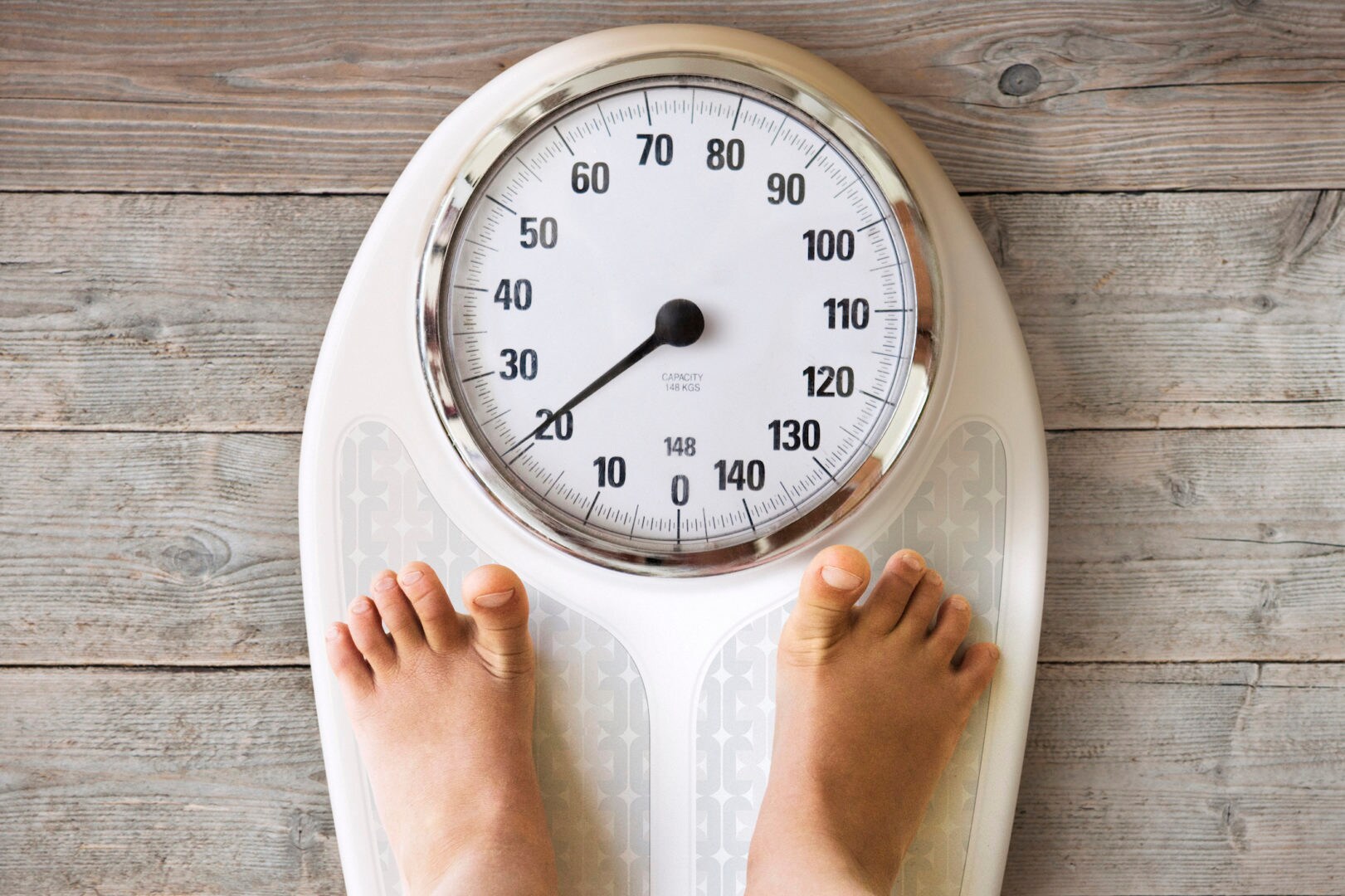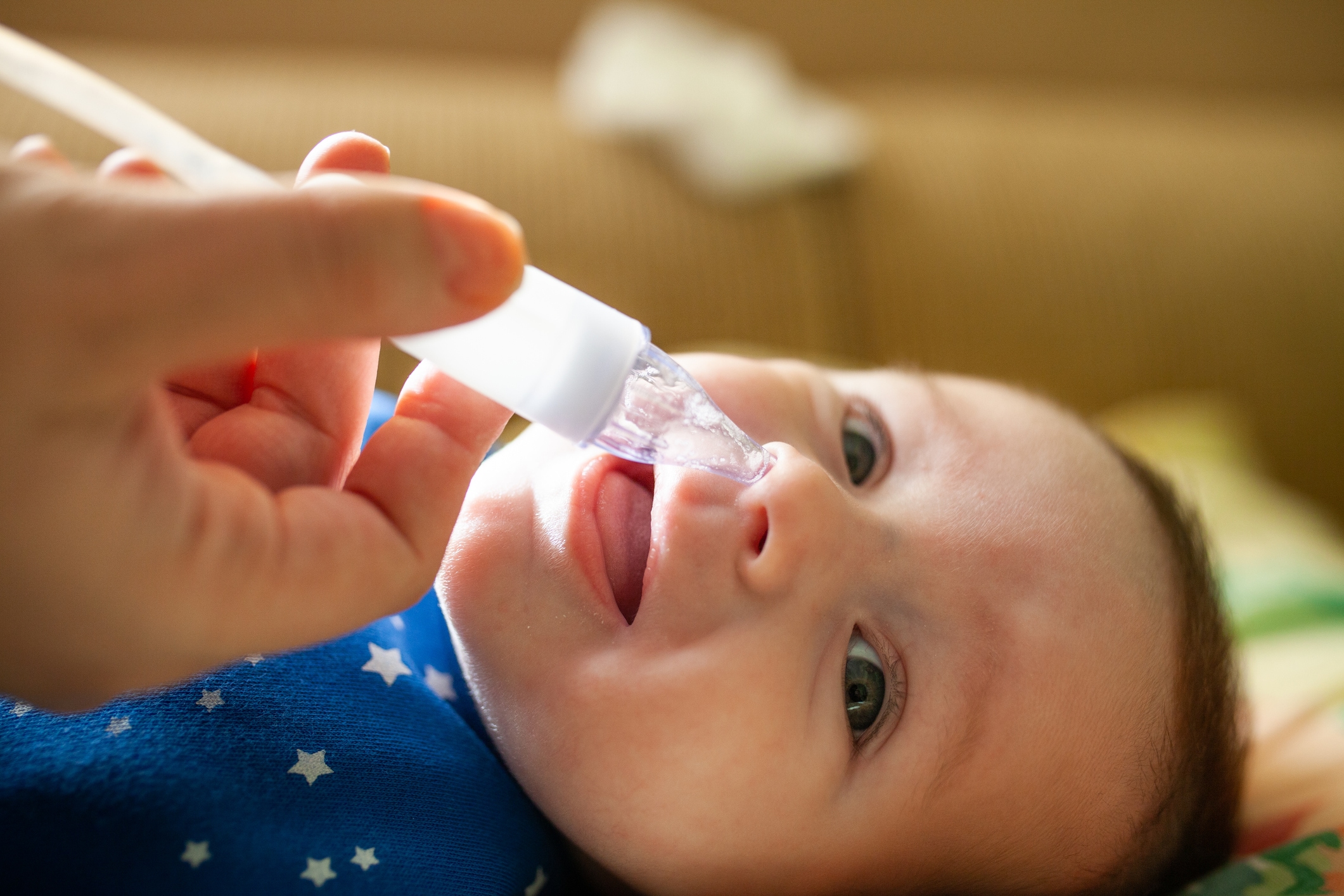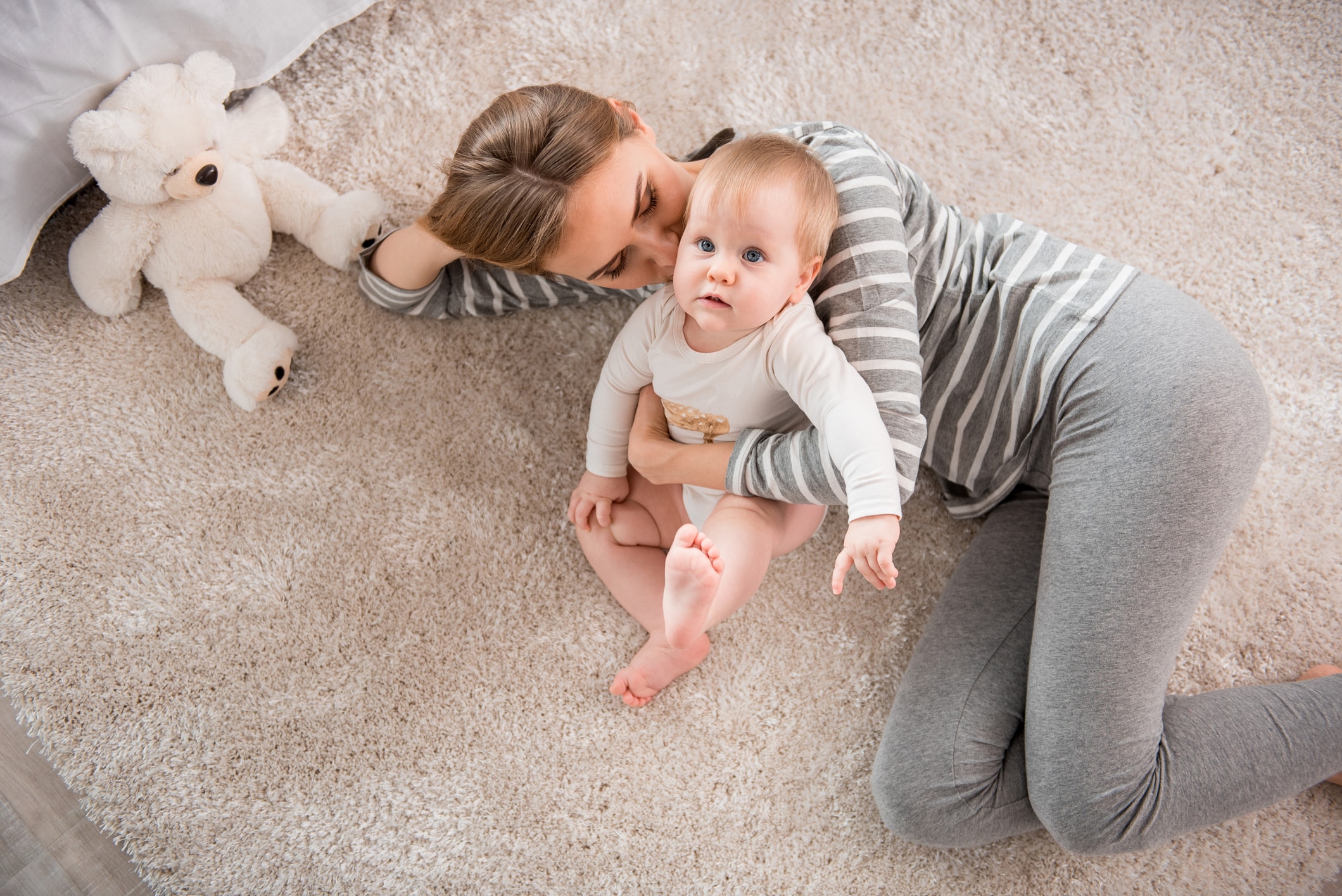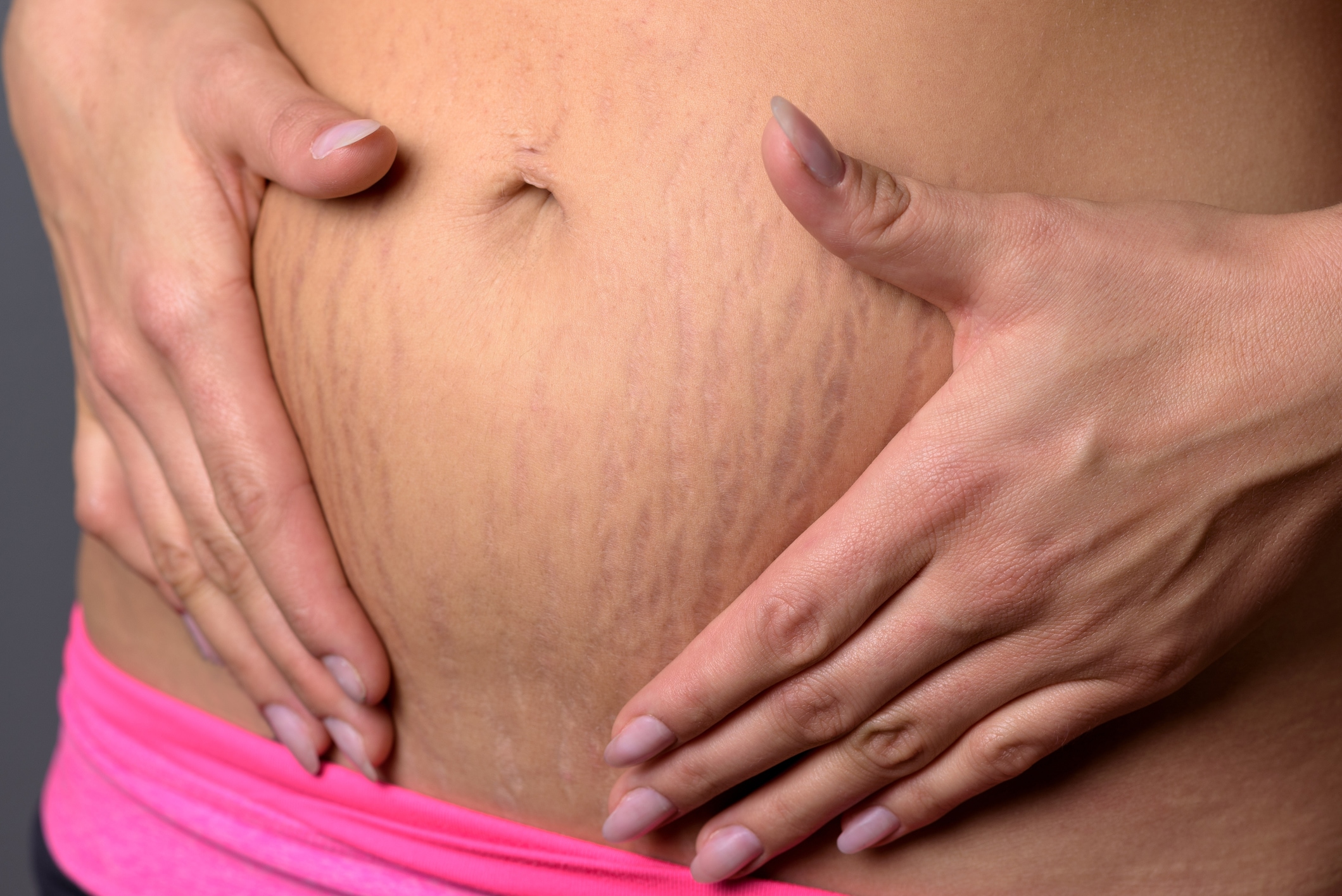For most parents, children’s health is a major concern. They worry about making sure their kids have limits on screen time, spend plenty of time being active, and develop healthy habits that include eating a balanced diet. But how far is too far when it comes to teaching children how to be healthy? Last week, WW, the corporation that owns Weight Watchers, released a new weight loss app targeting children, and it has parents and health experts up in arms.
The app is called Kurbo, and it is available to children as young as 8. Kurbo encourages kids to track their daily food intake using a system that assigns a red light, yellow light or green light to different foods, depending on the nutritional value. Vegetables and lean proteins are “green light” foods, while almonds and low-fat yogurt are “yellow,” meaning they should be eaten only in moderation. Foods like full-fat dairy products and desserts are considered “red” and should be limited, according to the app.
The makers of the app claim it is not a dieting app and it is only intended to teach children healthy habits. Gary Foster, WW’s chief science officer, told The Atlantic that the app is “common sense” and is necessary because families need a “simple and science-based system” that teaches kids how to make healthy choices. But many have pointed out disturbing facets of the app that could be harmful to kids. Dietitian Rebecca Scritchfield posted on her instagram account about the app’s troubling imagery, which includes a sweating raspberry on a hamster wheel chasing a dangling carrot.
The Atlantic notes that while children who use the app can choose from goals like “boost my confidence” or “have more energy,” rather than specific weight loss goals, each plan still requires children to track their food intake and weigh in regularly. The app also features weight loss “success” stories from young children, complete with before and after photos.
The makers of the app might try to couch their intentions in comments about health and common sense, but tracking food intake and measuring weight loss are both characteristics of a weight loss program. And this is especially worrisome given that the app is designed for kids. About 18% of US kids ages 2-19 are considered obese, according to the Centers for Disease Control. Yet, a 2003 study by Boston Children’s Hospital and Harvard University surveyed the eating habits of nearly 17,000 kids over three years, and the researchers found that children who dieted were actually more likely to gain weight. The kids who dieted were also more likely to binge eat.
Most troubling is the fact that many experts warn the app’s focus on “good” and “bad” foods and weight loss could lead to disordered eating. The National Eating Disorder Alliance has put out a statement against Kurbo, noting that “asking kids to closely monitor and self-report everything they eat through an app with no in-person monitoring by a medical professional presents grave risks, including eating disorders, disordered eating and a potential lifetime of weight cycling and poor body image.”
Many parents have also written op-eds about their own struggles with disordered eating and their fears about programs like Kurbo. Others started a petition asking Weight Watchers to remove the app, and it currently has over 88,000 signatures. Numerous doctors and dietitians have also spoken out against Kurbo’s approach.
We live in a world where kids are offered junk food pretty much all the time. Many school cafeteria lunches and restaurant kid’s meals feature little but cheeseburgers, chicken nuggets and fruit cocktail. Every other week there are class parties filled with cupcakes and sweetened juice drinks. Many pre-packaged snacks for kids are laden with sugar, sodium and saturated fat. On top of that, we’re all on screens 24/7 and have extremely busy lives that make it difficult to get out and get active together as a family.
As a parent, it’s so difficult to teach children to have healthy habits. It’s natural that many moms and dads worry about their kids’ health and want to help them develop good habits. But an app that narrowly focuses on the number on the scale and makes kids feel guilty for eating almonds is not necessarily interested in promoting “health.” It’s focused on making children lose weight, which actually isn’t a healthy approach for children.
In 2016, the American Academy of Pediatrics conducted research into how to prevent obesity and teach healthy eating habits. Their findings include the advice to never “encourage body dissatisfaction or focus on body dissatisfaction as a reason for dieting.” They also advised pediatricians to tell parents to never encourage dieting or discuss weight with their children.
Weigh-ins, food-shaming color systems, and before and after images are all things that explicitly go against these guidelines. For parents who want to promote good habits and encourage their children to develop a healthy relationship with food, it’s safe to say there still is not an app for that.
Read next: Store pulls body-shaming plates that tell women to eat less





